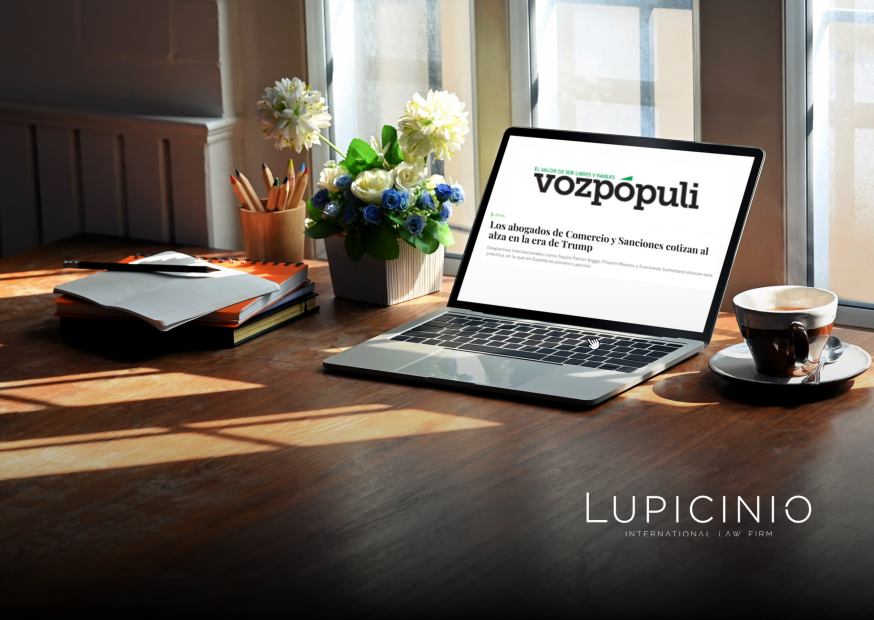Madrid, 19 April 2018 – Those who know him, and especially those who have worked with him, say that Miguel Díaz-Canel – the great-grandson of an Asturian from Castropol – is demanding, rigorous and a perfectionist, and that he deals diligently with every matter that comes across his desk. He is also said to carefully select each individual member of his team. As far as the nominee for the Cuban presidency is concerned, recommendations and the influence of others count for nothing. Rather, he seeks efficiency, academic and professional excellence, and, above all, a steely work ethic.
Díaz-Canel has made it clear in various appearances that his priority it to advance with the modernization of a prosperous and sustainable socialist economic model, as was laid out in 2011 in the more than three hundred guidelines resulting from the VI Congress of the Cuban Communist Party. With this goal on the horizon, the new Cuban president will not be able to ignore the following seven challenges facing the Cuban economy:
- Relations with the USA. Both the rules that govern the embargo, as well as the various US administrations that have overseen it have stated clearly that the block would continue so long as there was a Castro in power. Now that this is not the case, the question is, could Trump put an end to the sanctions and show the international community that he himself has put an end to a situation that has lasted almost 60 years? A relaxing of the embargo, or the announcement of a revision of its status, would provide a breath of fresh air to the Cuban economy and undoubtedly attract new investors. It is notable that, with the exception of the US and Israel, the UN has frequently appealed for the cessation of the embargo.
- The reforms initiated under Raúl. Following in the footsteps of his predecessor, we believe the new president will focus at least some of their efforts in reducing the budget deficit, increasing exports and reducing import reliance, standardizing the Cuban peso, improving technological capital, modernizing the banking system, strengthening agricultural production, creating a wholesale food market, improving methods of self-employment and perhaps most importantly, decentralizing certain economic decision-making. These economic changes could catalyse the Cuban economy, offering greater security for foreign investment.
- Administrative and market reforms. Cuba could simplify and improve the bureaucratic hurdles as regards foreign investment, and could look to introduce market reforms as well as to encourage entrepreneurial spirit, to reform state-owned enterprise and to create a fiscal system that balances central and local power, as China once did. Along with the Asian giant, Cuba can count large economies, such as the EU, Canada, Mexico, Japan and Russia, as partners willing to help and involve themselves in schemes which provide a mutual benefit.
- Business autonomy. The traditional pyramid structure with respect to economic decision-making could flatten-out in order to broaden autonomy at the intermediary stages of the economic system and consequently reduce bureaucratic processes. The successful ministerial separation of state enterprise has not yet been completed. The challenge is to orient the means of production in such a way as to increase productivity, control debt levels and promote a stable and successful economy. An alternative to consider could be the Chinese model of promoting business autonomy by creating larger mixed corporate ownership structures capable of competing in the international market, and opening investment to small and medium-sized foreign investors.
- Monetary convergence. The awaited monetary union remains incomplete: the Cuban peso needs to be unified to put to an end a monetary duality that has created imbalances in economic policy. The EU has already offered to draw on its experience with the transition to the Euro to help Cuba. The recent, and excellent, Slovenian model could be an example to keep in mind.
- Growth. Growth estimates for the 2011-2016 period have, without doubt, remained well below those that were forecast, but it seems clear that the sectors that will drive the Cuban economy in the next decade will be tourism, construction and business. In 2015 these sectors already accounted for 30% of GDP. If we add to this an increase in exports and the arrival of foreign investment, and the potential lifting of the embargo, then the object of achieving a growth rate of 4% seems eminently viable and, perhaps, even cautious.
- Foreign debt. In recent years, Cuba renegotiated and paid off important overdue debts. In 2016, it managed to stabilize its official debt, but at an expense of 23 billion dollars, and without the supervision of the IMF, World Bank or any other multilateral organization. This important achievement has put a dent in investment and domestic consumption. On the other hand though, these payments inspired increased international confidence in Cuba, as was publically displayed by diplomats from Australia, Denmark, France, UK, Netherlands and Switzerland. Increasing the value of counterpart funds and simplifying the bureaucracy surrounding them could be a good lever to increase and prop up foreign investment in Cuba, which is, in short, a key element for a successful economic future.
José María Viñals Camallonga
Renato A. Landeira






